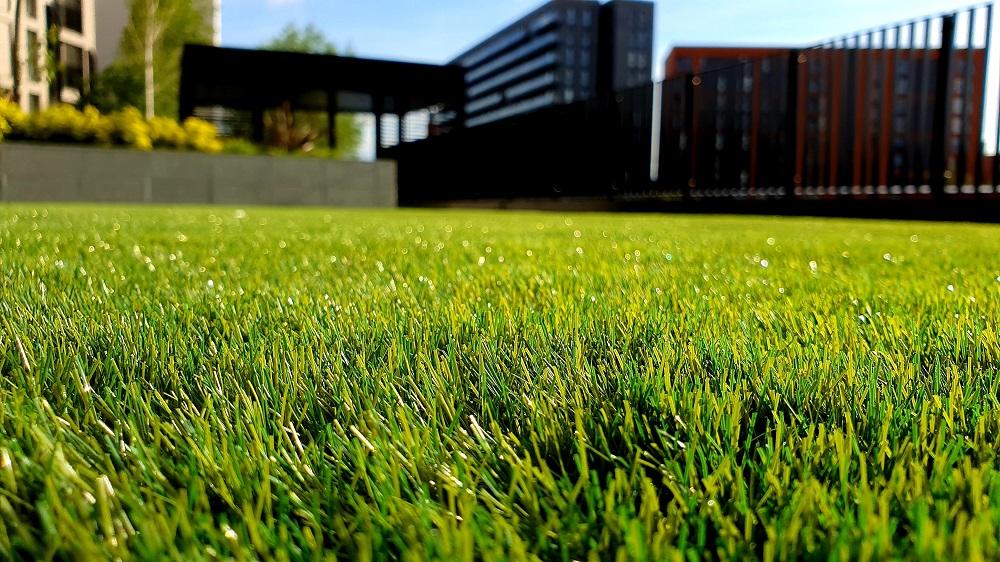A lush and healthy lawn can significantly enhance the beauty and enjoyment of your outdoor space. Choosing the right grass seed is critical in establishing a vibrant and thriving lawn. With numerous varieties available, selecting the best grass seed for your needs can be overwhelming. In this article, we will explore tips and considerations to help you choose the grass seed for your lawn.

#1. Determine Your Climate and Region
The first step in choosing the right grass seed is considering your climate and region. Different grass species thrive in different climate zones. Determine whether you live in a warm-season or cool-season region. Warm-season grasses like Bermuda grass or St. Augustine grass thrive in the southern areas with hot summers. Cool-season grasses, such as Kentucky bluegrass or fescue, are better suited for northern regions with cold winters. Understanding your climate will help you narrow down the grass seed options.
#2. Assess Sunlight and Shade Conditions
Think about how much sunlight and shade your lawn gets throughout the day. Some grass species tolerate shade better than others. If your lawn has areas with heavy shade, opt for shade-tolerant grass varieties like fine fescue or certain types of ryegrass. For sunny areas, select grass varieties that thrive in full sun and can handle the heat and direct sunlight.
#3. Evaluate Soil Type and Conditions
The type and condition of your soil play a crucial role in determining the success of your lawn. Conduct a soil test to assess your soil’s pH level, nutrient content, and drainage. Some grass species prefer acidic soil, while others like neutral or alkaline soil. Choose grass seed that is well-suited to your soil conditions. If your soil is compacted or poorly drained, consider selecting grass varieties tolerant of such conditions, like tall fescue or perennial ryegrass.
#4. Consider Maintenance Requirements
Different grass species have varying maintenance requirements. Some grasses are more low-maintenance, while others require more attention and care. Consider your available time and resources for lawn maintenance. If you prefer a low-maintenance lawn, select grass varieties that are drought-tolerant, disease-resistant, and require minimal mowing and fertilization.
#5. Determine the Intended Use of Your Lawn
Think about how you plan to use your lawn. Do you have children or pets that will be playing on the grass? If so, you’ll want a grass variety that can handle heavy foot traffic and wear. Choose durable grass species like Kentucky bluegrass or Bermuda grass for high-traffic areas. If you desire a lawn primarily for ornamental purposes, opt for fine-textured grass varieties like zoysia grass or fine fescue.
#6. Read Seed Labels and Descriptions
When purchasing grass seed, carefully read the labels and descriptions provided by the manufacturer. Look for information on the grass species, recommended usage, maintenance requirements, and any specific features or benefits of the seed. Pay attention to the germination rate and purity of the seed. High-quality grass seeds will have a higher germination rate and minimal weed content.
#7. Seek Expert Advice
If you still need to figure out the grass seed for your lawn, seek advice from local experts such as Heroes Lawn Care. They can provide valuable insights and recommendations based on your location and requirements. They may also know regional grass varieties and their performance in your area.
In conclusion, choosing the right grass seed is essential for establishing a healthy and vibrant lawn. Consider your climate, sunlight, and shade conditions, soil type, maintenance requirements, and intended use, and seek expert advice when selecting. By choosing the appropriate grass seed, you can create a lawn that not only enhances the beauty of your outdoor space but also thrives in the specific conditions of your region.





